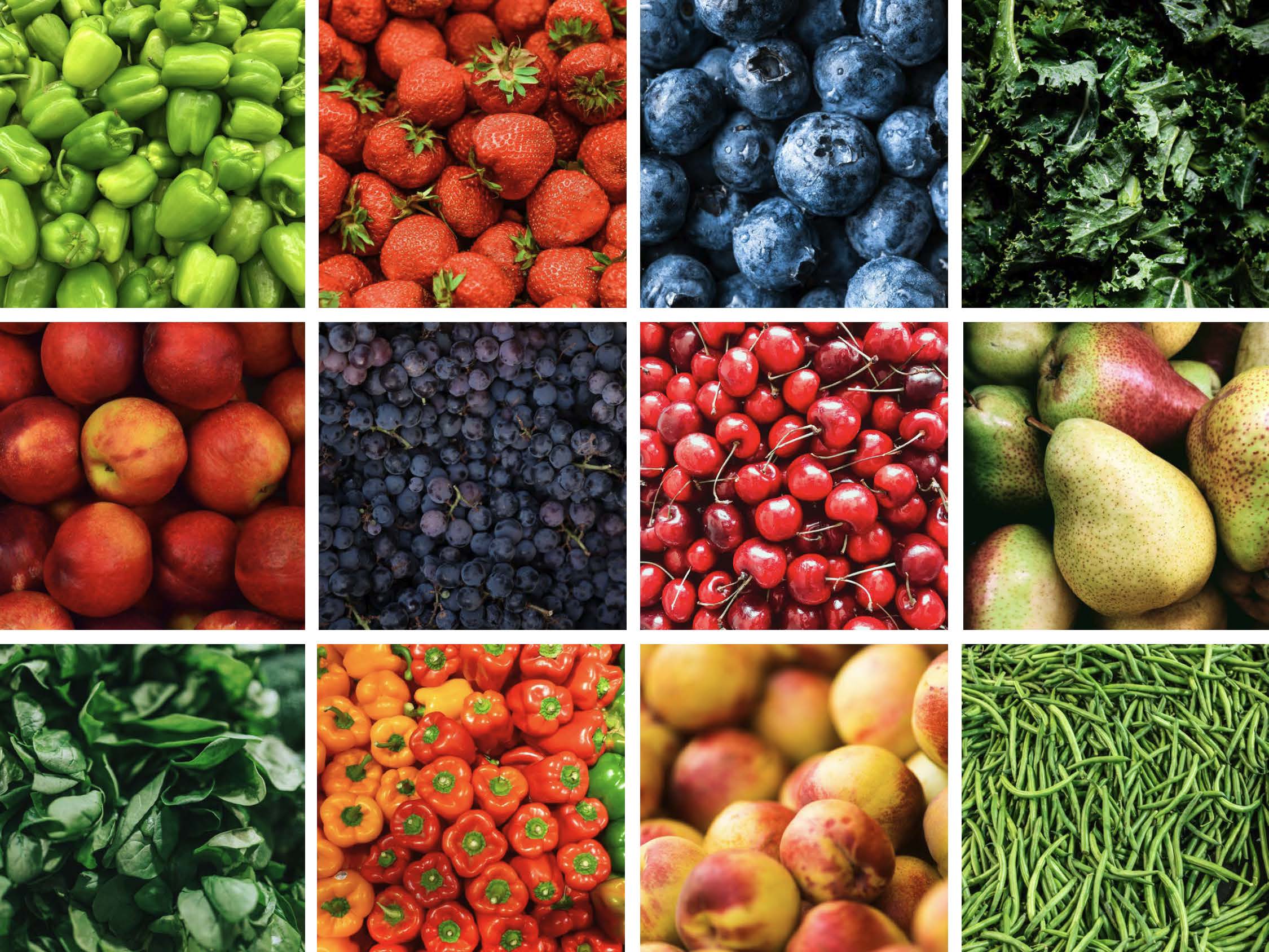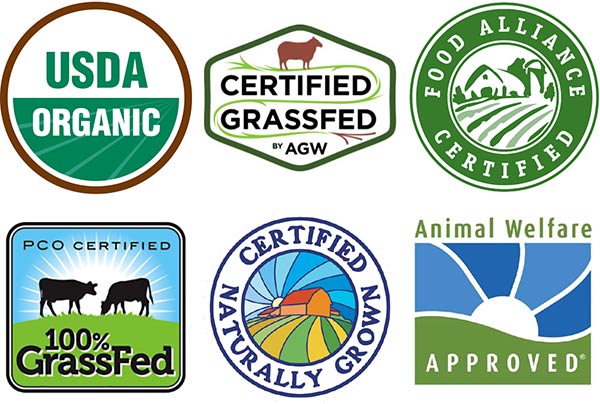
Let’s get one thing clear from the start: we’re not here to lose our minds over every label or stress about attending social gatherings. This isn’t about spending hours in the grocery aisle with a magnifying glass or feeling guilty when we send our kids off to school. We’re also not here to judge how “green” someone is or isn’t. Everyone is at a different stage of their journey, and that’s okay. This is a space for education, inspiration, and positive change — both for ourselves and one another.
What Does Organic Really Mean?
The USDA Organic label is like a gold star for your food.

To earn this, farmers must follow strict standards, including no synthetic substances for at least 36 months prior to certification. This means your organic apple is free from:
- Artificial colors and preservatives.
- Hormones and antibiotics.
- Synthetic pesticides, herbicides, and fungicides (though natural ones may still be used).
- Sewage sludge and radiation (because, yuck).
Fact: Becoming certified organic isn’t easy or cheap. Farmers go through rigorous audits, and it can take up to three years to transition land to organic standards.
The Dirty Dozen vs. The Clean 15
When budgeting for organic produce, knowing where to prioritize is key. The Environmental Working Group (EWG) has your back with their annual lists:
The Dirty Dozen (Buy Organic):
- Strawberries
- Spinach
- Kale, Collard, and Mustard Greens
- Peaches
- Pears
- Nectarines
- Apples
- Grapes
- Bell and Hot Peppers
- Cherries
- Blueberries
- Green Beans
The Clean 15 (Conventional is Fine):
- Avocados
- Sweet Corn
- Pineapple
- Onions
- Papaya
- Frozen Sweet Peas
- Asparagus
- Honeydew Melon
- Kiwi
- Cabbage
- Mushrooms
- Mangoes
- Sweet Potatoes
- Watermelon
- Carrots
Actionable Steps to Detox Your Diet
Switch to Organic Produce and Meat.
- Look for certified seals like USDA Organic, American Grassfed Association, Food Alliance Certified Grassfed, and PCO 100% Grassfed.
- Pro Tip: Skip the fancy labels that say “Natural” or “Hormone-Free” — those are marketing fluff.

Further Understanding of Organic Certifications
USDA Organic Certification
Foods with this seal are grown without synthetic pesticides, ionizing radiation, or genetic engineering. It’s a thorough process, which is why the label carries weight.
Grassfed Certification
American Grassfed Association
Ensures that beef comes from animals fed only grass and forage.
PCO 100% Grassfed
Takes organic certification a step further by ensuring animals are fed grass year-round.
Where to Shop
Whole Foods Market
Known for its extensive organic selection.
Trader Joe’s
Affordable options without sacrificing quality.
Aldi
Their organic produce section is budget-friendly.
Farmers Markets and Farm Stands
Support local farmers and get the freshest produce.
The Future of Organic Produce
Organic consumption is booming, but with only 1% of U.S. farmland certified organic, supply can sometimes lag behind demand. However, initiatives like Costco’s investment in organic farms and USDA programs supporting farmers transitioning to organic are paving the way for growth.
What Can You Do? Buy more organic produce and buy from your local farms! Every purchase helps support this growing movement and encourages more farmers to make the switch.
A Final Note
Detoxing your diet doesn’t mean giving up everything you love. Start with small swaps and build from there. Your future self (and your body) will thank you.
Disclaimer: I am not a medical professional. The information shared in my posts is based on thorough research, scientific studies, and a passion for providing accurate and helpful insights to support healthier living. My goal is to empower you to make informed, toxin-free choices by understanding the ingredients in everyday products. Please consult with a healthcare provider before making any significant changes to your health or wellness routine. Be sure to read my other blogs for more tips, and feel free to share the knowledge you gain. As the owner of a cleaning and organizing business, I also include helpful organizing tips along the way!
Feather & Nest may earn a small commission if you purchase through the affiliate links, at no extra cost to you.
